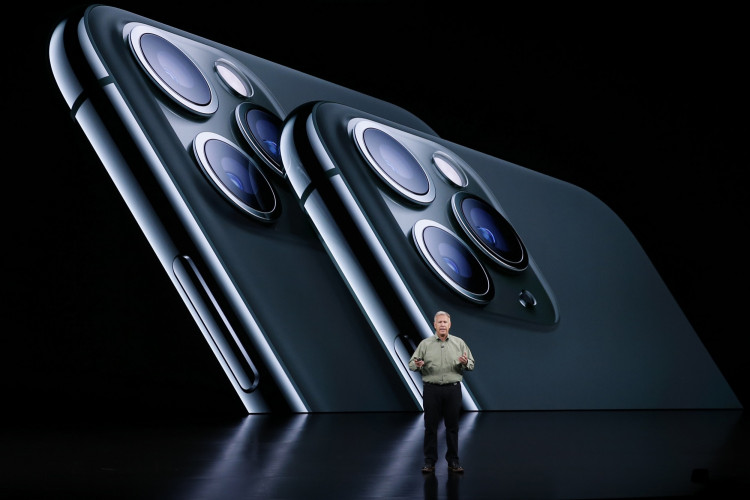It's that time of year and Apple has again unveiled the latest of its flagship smartphone series, and one particular model appears to be stirring controversy in an unexpected way. Handset users with a little-known health condition are unlikely to enjoy the iPhone 11 Pro even if they have the money to burn.
In fact, these smartphone fans can't even stare a second longer at the rear portion of the redesigned iPhone 2019 release, or they'd be stricken by a disabling reaction to the device's triple camera setup. It turns out there is a medical condition known as "trypophobia" or fear of holes, specifically of the small kinds that are grouped closely together.
According to BBC, "the response to seeing small holes can be very extreme." There are documented cases of trypophobics who vomit at the sight of small clustered holes. Some can be so disgusted that they could be forced to skip work for days.
Citing a credible study on the subject, the British publication said trypophobia is likely present on everyone but on varying degree. Celebrities like Kendal Jenner and Sarah Paulson purportedly suffer from the condition but it was unclear if the two get sick when confronted with trypophobic visuals or images.
What's clear is that the iPhone 11 Pro, including the Max version of the model, triggers a vision that reminds some people of their fears. Normally, the affliction or the fear of small holes arises when one sees a honeycomb or a lotus flower.
Unfortunately, the same sensation has been connected by trypophobics to the upcoming iPhone models, which pack a total of five holes that make the new devices' rear shooter.
One netizen was quoted by a CNN news story as saying that the mere pictures of the iPhone 11 Pro were sickening. Another claimed the device's camera brings with it infuriating effect, apparently pushing the user "to set everything on fire," just looking at the online images of the refreshed handset.
How these people reacted to the iPhone 11 Pro's camera design was no joke. Per the same CNN report, those with the type of phobia are reminded of hazardous organisms, which explain the repulsive reaction.
In a sense, the new iPhone camera acts as stimuli that induce a feeling or sense of danger to anyone suffering from trypophobia, the report added, pointing to a research work released by the University of Essex in the United Kingdom.
It is notable that in the UK, the same study stated that up to 16 percent of the adult population could be labeled as trypophobics. That could mean this segment of Brits will find the latest and greatest iPhone from Apple unattractive.






